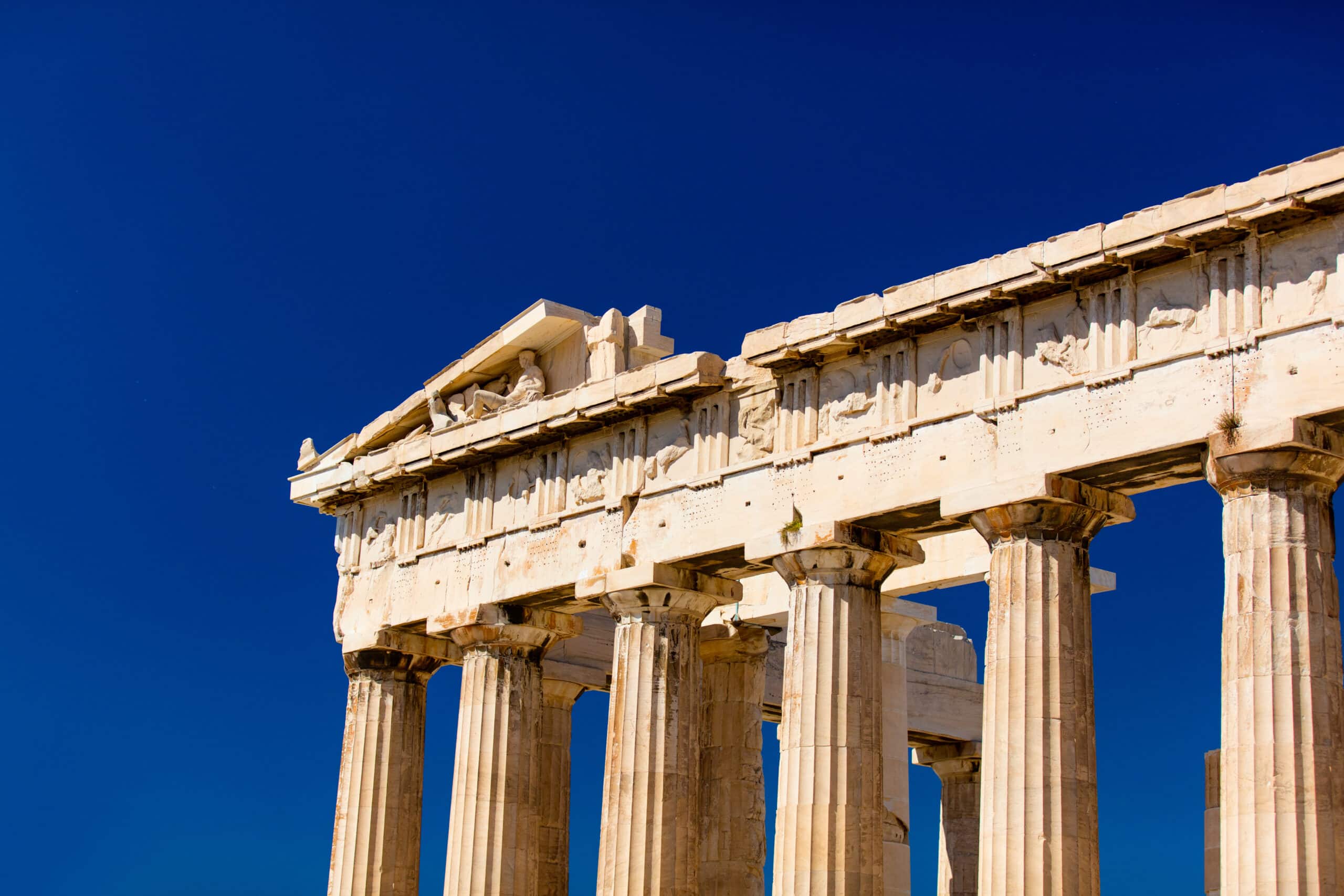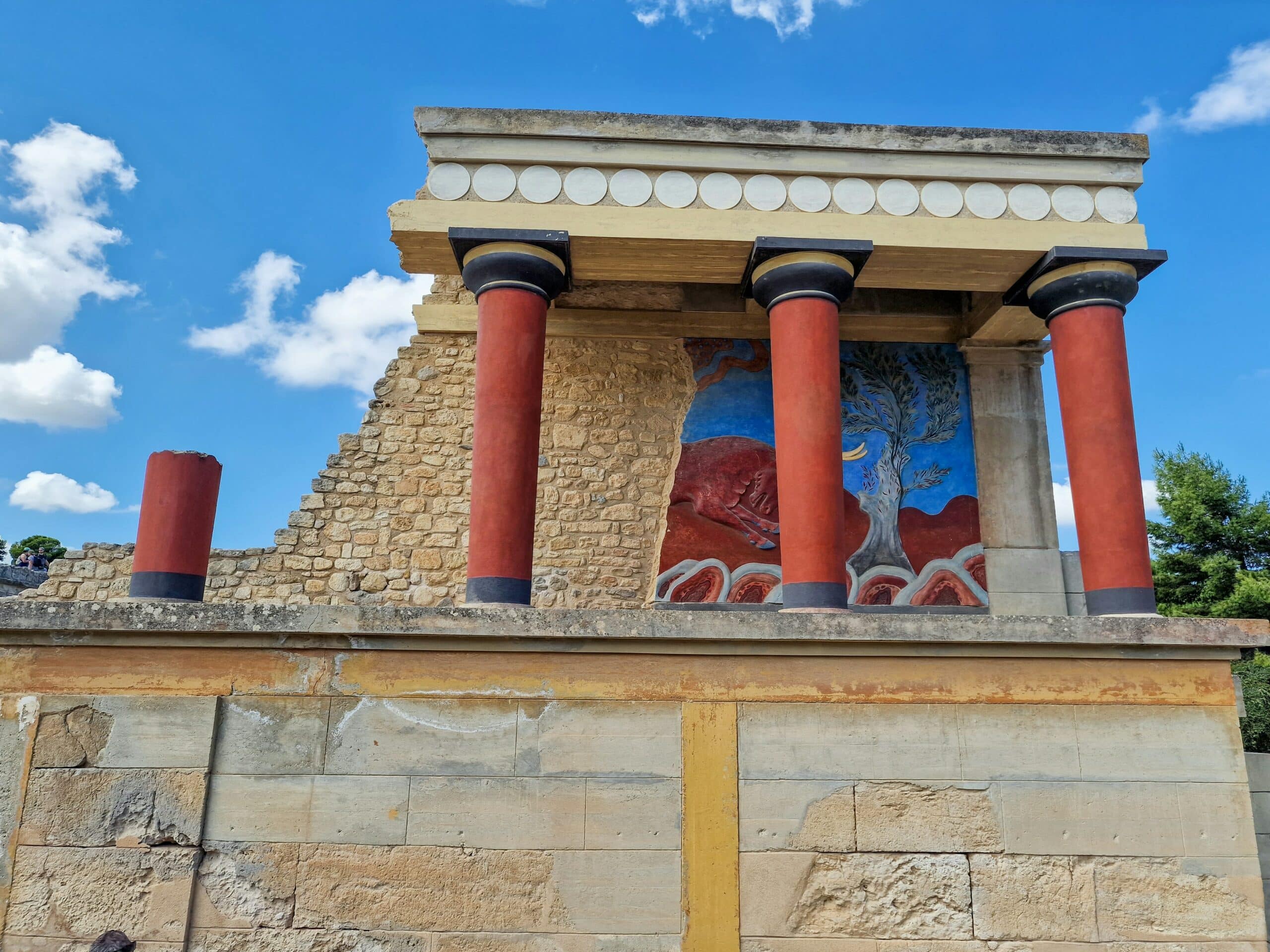
Top 10 Greek Phrases Every Tourist Should Know
When visiting Greece, a few basic Greek phrases can greatly enhance your travel experience. Not only will it help you navigate daily interactions more smoothly, but it will also allow you to connect more deeply with the locals, showing respect for their culture and language. In this article, we’ll explore the top 10 Greek phrases every tourist should know, ensuring that you’re well-prepared for your Greek adventure.
- Καλημέρα (Kalimera) – good morning
Starting your day with a friendly “Καλημέρα” is sure to win you smiles from the locals. Greeks are known for their hospitality, and greeting someone with a cheerful “Good morning” sets a positive tone for any interaction. Whether you’re grabbing coffee at a local café or passing a neighbor, this phrase is your ticket to a warm reception.
Knowing how to properly pronounce “Καλημέρα” (kah-lee-ME-ra) will also enhance your confidence when using it. This simple greeting can lead to pleasant exchanges and sometimes even open doors to deeper conversations since locals appreciate tourists making an effort to speak their language.
- Παρακαλώ (Parakaló) – please/you’re welcome
“Παρακαλώ” (pa-ra-ka-LO) is a versatile word that you will hear and use frequently in Greece. It serves both as “please” and “you’re welcome,” making it the cornerstone of polite conversation. When ordering food, asking for directions, or making any request, “παρακαλώ” is essential.
For example, when you say, “Can I have a bottle of water, παρακαλώ?” you’re adding a layer of politeness to your request. Similarly, when someone thanks you, responding with “παρακαλώ” shows that you acknowledge their gratitude. This dual-purpose word is a small but powerful way to show respect and courtesy during interactions.
- Ευχαριστώ (Efharistó) – thank you.
Expressing gratitude is a universal gesture of politeness, and in Greece, saying “Ευχαριστώ” (ef-ha-ree-STO) will be appreciated by everyone you meet. Whether you’re thanking a waiter, a shopkeeper, or a passerby who helped with directions, this phrase is indispensable.
Understanding the cultural importance of gratitude in Greece will enrich your travel experience. Greeks value hospitality and kindness, and showing appreciation through “Ευχαριστώ” can lead to more positive and memorable interactions. Practice pronouncing this phrase correctly to make sure your gratitude is understood and well-received.
- Συγγνώμη (Signómi) – excuse me/sorry
Whether you need to get someone’s attention or apologize for a minor mistake, “Συγγνώμη” (see-GHNO-mee) is the word to use. In crowded places like markets or tourist attractions, saying “Συγγνώμη” to move through a crowd politely can make a big difference.
Additionally, if you accidentally bump into someone or need to interrupt a conversation, using this phrase shows that you are considerate and respectful. Understanding and using “Συγγνώμη” appropriately will help you navigate social situations smoothly and courteously.
- Ναι (Ne) – Yes and Όχι (Ohi) – no
Understanding “Ναι” (neh) and “Όχι” (OH-hee) is crucial for basic communication in Greece. It’s important to note that “Ναι” sounds like “no” in English, which can be confusing at first. Remembering this difference should prevent misunderstandings during your conversations.
For instance, when a waiter asks if you want more water and you respond with “Ναι,” you’ll get a refill. Conversely, if you’re offered something you don’t want, a clear “Όχι” will suffice. Mastering these simple yet essential words will significantly enhance your ability to communicate effectively.
- Πόσο κοστίζει; (Póso kostízei?) – How much does it cost?
Shopping in local markets or dining out in Greece can be a delightful experience, and knowing how to ask for prices is part of the fun. “Πόσο κοστίζει;” (POH-soh koh-STEE-zeh) is the phrase you need when you want to inquire about the cost of an item.
Using this phrase can also lead to more engaging interactions with shopkeepers, who may appreciate your effort to speak Greek and be more willing to share information about their products. Whether you’re buying souvenirs, clothing, or food, asking “Πόσο κοστίζει” helps you manage your budget and make informed decisions.
- Τον λογαριασμό, παρακαλώ (To logariasmó, parakaló) – the bill, please
At the end of a meal, asking for the bill is a common need for tourists. “Τον λογαριασμό, παρακαλώ” (ton lo-gha-ree-as-MO, pa-ra-ka-LO) is the polite way to do so. This phrase shows that you’re ready to pay and appreciate the service provided.
In Greek restaurants, it’s customary to relax and enjoy your meal without feeling rushed. When you’re ready to leave, this phrase ensures that the staff understands you’re ready to settle up. It’s a small but important part of dining etiquette in Greece, reflecting your respect for local customs.
- Πού είναι…; (Pou íne…?) – Where is…?
Getting around in a new place often involves asking for directions. “Πού είναι…;” (poo EE-neh) is a versatile phrase that will help you find your way. Simply add the destination you’re looking for, such as “Πού είναι το ξενοδοχείο” (where is the hotel?) or “Πού είναι η τουαλέτα;” (where is the bathroom?).
Using this phrase not only helps you navigate but also opens up opportunities for friendly interactions with locals who can offer additional tips and recommendations. Greeks are generally helpful and willing to assist tourists, so don’t hesitate to ask for directions using this phrase.
- Μιλάτε Αγγλικά; (Miláte Angliká?) – Do you speak English?
While many Greeks, especially in tourist areas, speak English, it’s courteous to ask first. “Μιλάτε Αγγλικά;” (mee-LAH-teh ang-lee-KAH) is the phrase to use. It shows respect and acknowledges that you’re in a foreign country.
If the person responds with “Ναι”, you can continue your conversation in English. If not, using some of the Greek phrases you’ve learned can help bridge the gap. This phrase is particularly useful in less touristy areas where English might not be commonly spoken.
- Χαίρετε (Hérete) – hello/goodbye
“Χαίρετε” (HE-re-teh) is a versatile greeting to use when meeting someone or when parting ways. This friendly and common phrase is easy to remember and use in various situations.
Whether you’re entering a shop, starting a conversation, or leaving a venue, “Χαίρετε” is appropriate and appreciated. It’s a simple way to show friendliness and respect in your interactions, making your presence more welcome wherever you go.
Learning these basic Greek phrases not only helps you navigate your travels more smoothly, but it also enriches your cultural experience. Locals appreciate the effort tourists make to speak their language, and it often leads to warmer interactions and a more memorable trip. By using these Greek phrases, you’ll be able to engage more deeply with the culture and people of Greece.
Ready to dive deeper into the Greek language? Check out our recommended Greek textbooks to enhance your language skills and make your next visit to Greece even more enjoyable! Whether you’re a beginner or looking to improve your fluency, these resources provide you with the tools you need to communicate effectively and confidently.
Related


